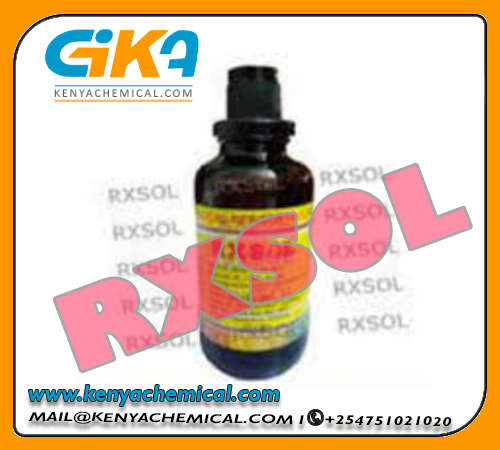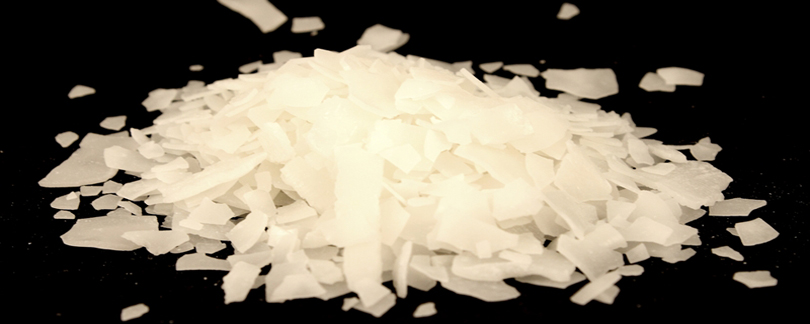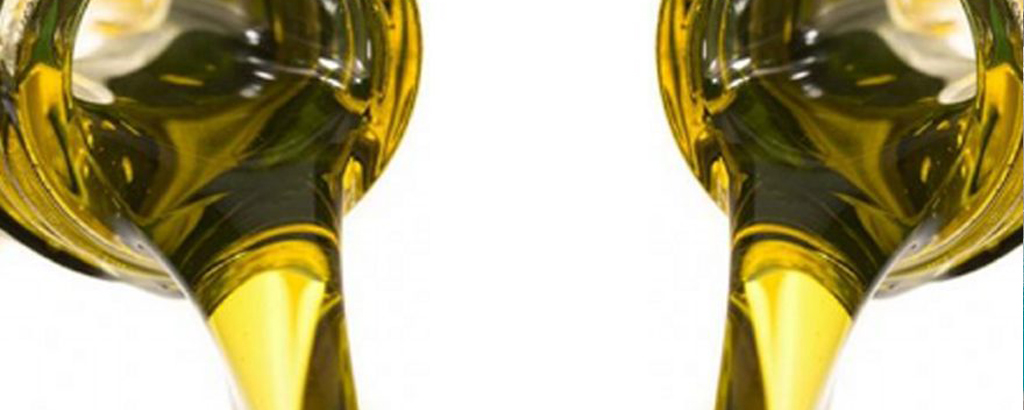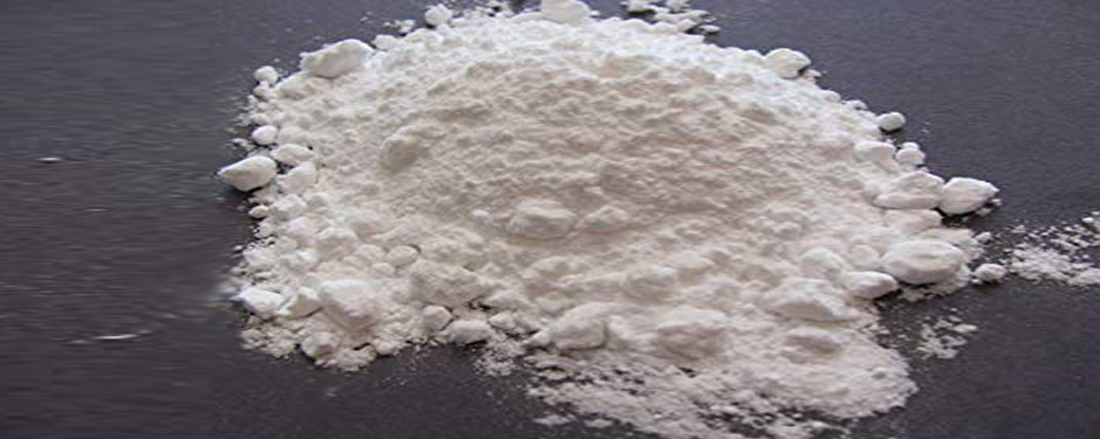ETHYL ACETATE HPLC/UV SPECTROSCOPY
Ethyl acetate is one of the most commonly used sol- vents in flash chromatography. It is readily available and easy to remove by rotary evaporation. However, ethyl acetate adsorbs in the wavelength range of 200 to 235 nm, a region where many compounds also absorb UV light.
Ethyl acetate, also known as ethyl ethanoate, is an important and widely used chemical in industry. It has an important role as a solvent in adhesives, paints, or coatings, and it can be used to substitute aromatic solvents such as toluene (Appel et al., 2011; Nguyen et al.
Ethyl acetate absorbs UV light up to about 252 nm. The tan trace shows UV absorption across the full wavelength range, while the black and red traces are specific wavelengths selected for the sample (both are above 252 nm). ... Ethyl acetate has a UV maximum at 210 nm and a UV cutoff beyond 250 nm.
Ethyl acetate is a widely used solvent, especially for paints, varnishes, lacquers, cleaning mixtures, and perfumes. ... In the lab, ethyl acetate is a common solvent for column and thin-layer chromatography.









